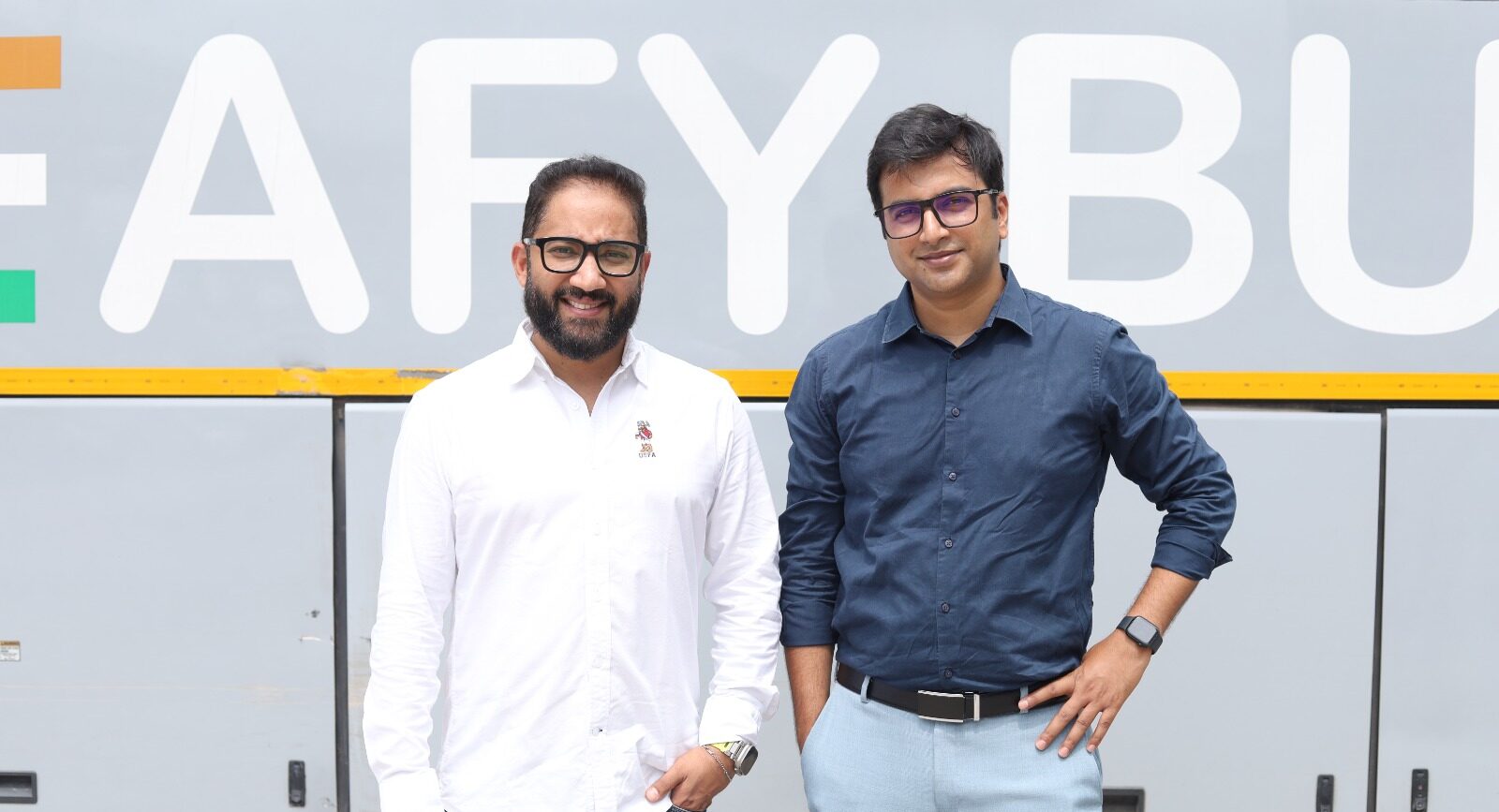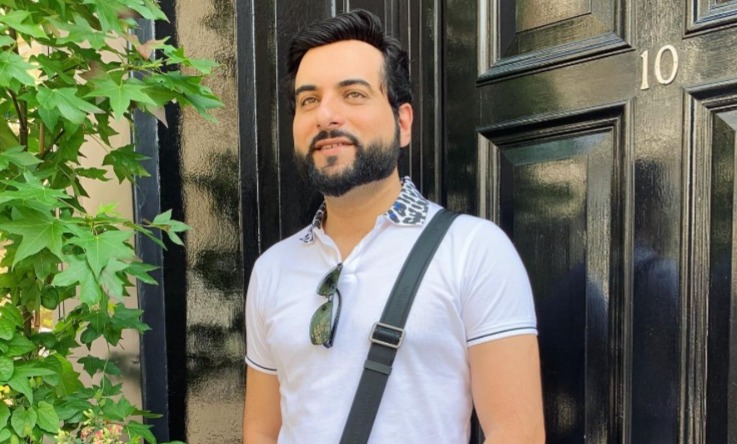Considerable progress has been made with the Startup India Seed Fund Scheme (SISFS). Under a ₹945 crore effort aimed at 3,600 entrepreneurs, 204 businesses received funding of over ₹613 crore in early 2025, which was distributed through more than 300 recognised incubators.
Notable beneficiaries include:
- Kineer Services Pvt. Ltd., which received SISFS support to pilot water ATM technology employing transgender community members.
- Fuselage Innovations, working on drones for agriculture and border surveillance.
- Corover.ai, which powers IRCTC’s AI chatbot, also tapped into SISFS during its early growth.
Meanwhile, incubators report over ₹5 crore funding through SISFS to support a cohort of startups, with one institution backing 89 startups, 38 of which have graduated showing the scheme is creating meaningful pathways for entrepreneurs under incubation.
Government Funding Beyond SISFS
India is also expanding its reach across strategic sectors. For example, the space sector now has a dedicated ₹1,000 crore fund under Startup India, with each startup eligible for ₹100–600 million.
Other schemes like the SIDBI Fund of Funds are channeling ₹10,000 crore through Alternative Investment Funds (AIFs) to support innovation at scale.
What Founders and Investors Say
- On Reddit, founders have shared different experiences. One founder pointed out that applications can get stuck or that incubators may delay. However, grants are still available, especially for ideas that have a high social impact.
- Another founder, referencing scheme disbursement, pointed out: “I know two people who applied… One was a simple guy, another the son of an IAS officer… Guess who got the fund?” This highlights how personal networks or access to incubators can tilt the scales.
- On the bright side, others confirmed that DPIIT recognition helped secure official help, like 50% discount on trademark applications or tax exemptions, even if direct funding was elusive.
What Determines Selection?
Investments under SISFS hinge on:
- DPIIT recognition within two years of incorporation.
- A minimum viable product (MVP) or proof of concept.
- Operating via accredited incubators, which evaluate applications and manage disbursements.
- Sector preference for deep tech areas like clean tech, healthcare, agriculture, and space.
- Clear milestone-based funding without equity dilution.
Startups Are Getting Support
Yes, some startups have been successfully funded and many others are moving in that direction. But the SISFS landscape is highly incubator-driven, with opaque decision-making and limited stories at scale. Founders with solid tech, recognized status, and incubator backing do stand to benefit early. But widespread access remains uneven, especially for startups outside major hubs or without strong networks.
Also Read: Why This Startup Rejected ₹30 Lakh Despite Needing Funds?

























